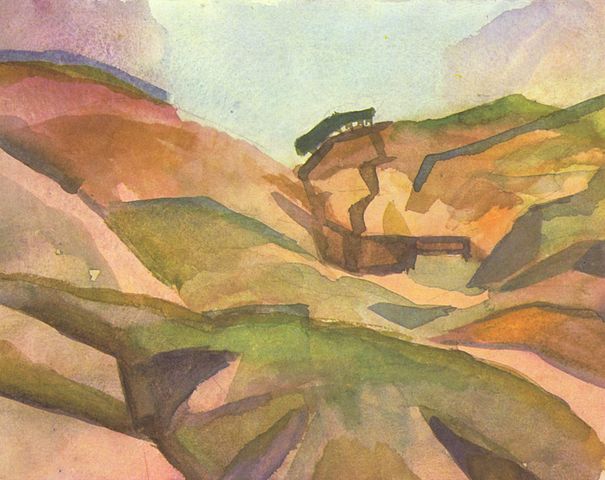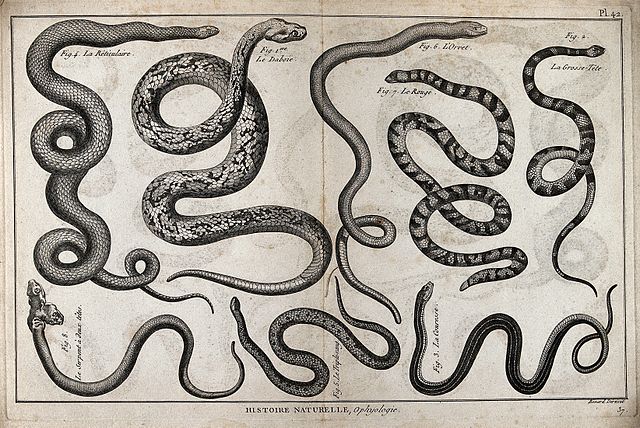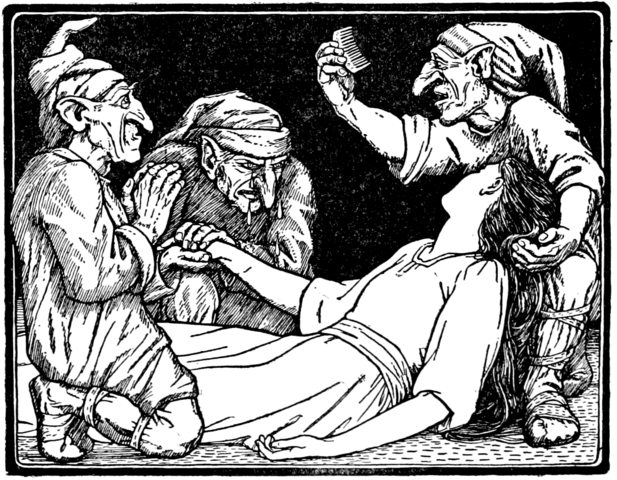In a Funny Kind of Way by Sonya Taaffe

You meet him on the road from nowhere to oblivion,
where the sky comes down like a backlot
and tumbleweeds tackle and wrestle in the sand
and gas always costs ten cents.
Faded as a lobby card, he will offer to pay for the lift
with the dust in his pockets and a wistful smile
just the list of a lance at a windmill,
but the burden in his rucksack
is his own light life,
expectant as the blank lines of a book.
If you ferry him as far as the Pacific,
he will vanish before the sun burns down to the sea,
the phantom hitchhiker of the painted desert
thumbing his way into roadside repute.
Stop the car among the broken timbers of the Triassic,
as heartshot red as a man with a promise in him,
and he may take his leave with civility
and his scenes stolen as absently as cigarettes,
the ghost-errant
who wore his cynicism
like a silver dollar on his sleeve,
the girl he haunted
gone with her paints to Paris long ago.
painting by  - The Yorck Project



